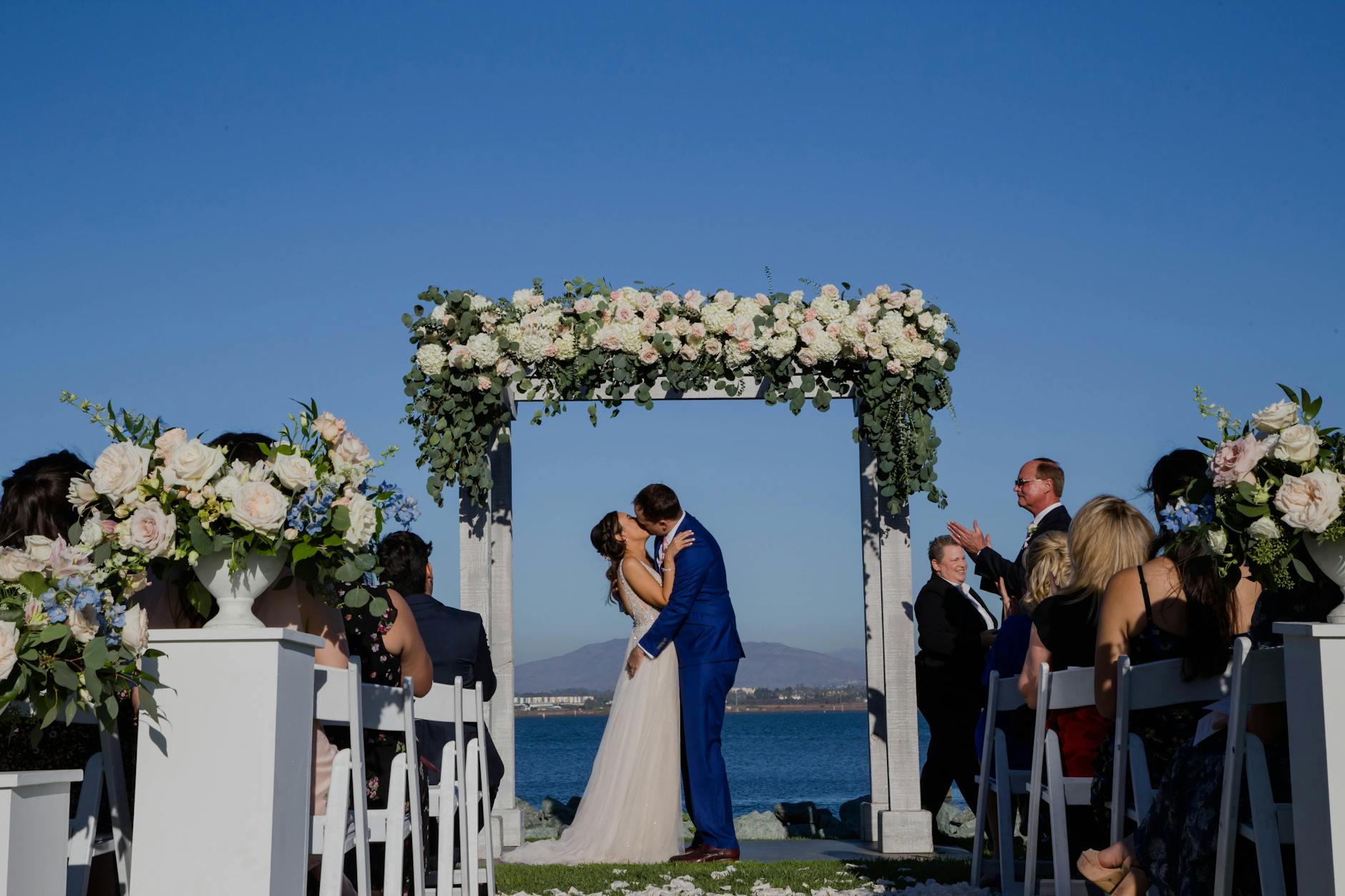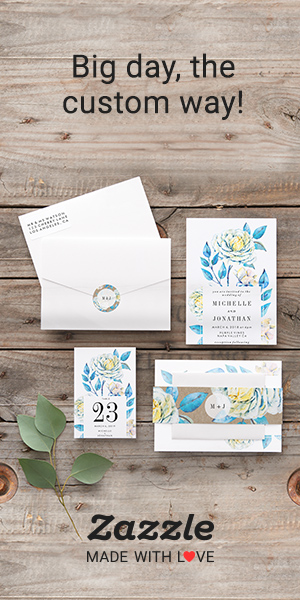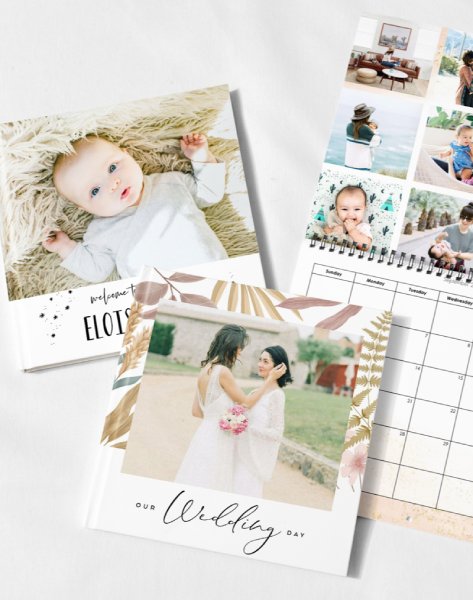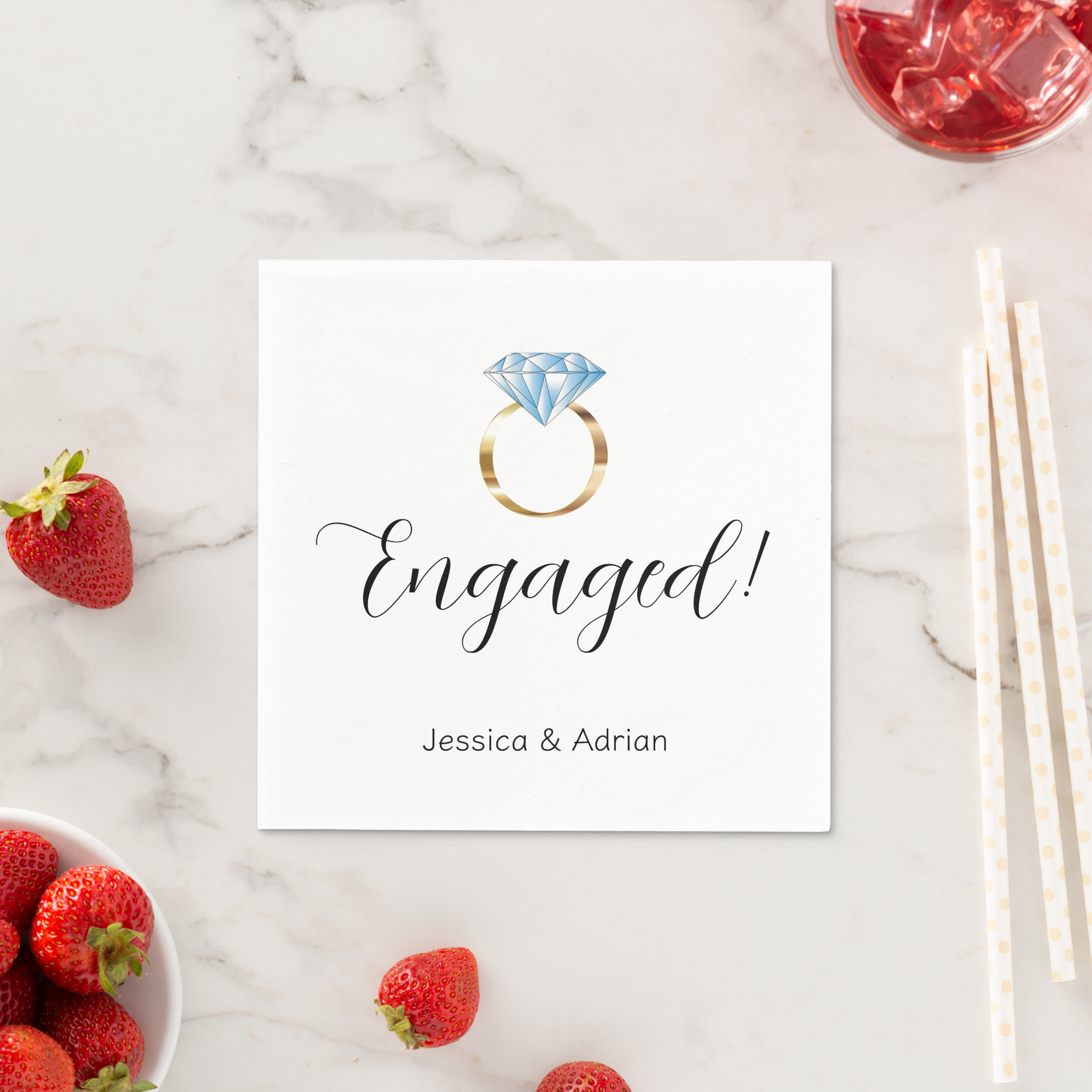Crafting a well-organized wedding day timeline is essential to ensuring that your big day unfolds smoothly and stress-free. From the first rays of sunlight to the last dance under the stars, every moment matters.
In this blog post, we will delve into the art of creating a wedding day timeline, providing you with insightful examples and valuable considerations to help you plan a day that seamlessly captures the essence of your love story.
The Morning Preparation
The hours leading up to your wedding ceremony are filled with anticipation and excitement. Consider starting your timeline early to allow ample time for hair, makeup, and pre-ceremony rituals. Here’s an example of a morning preparation timeline:
- 8:00 AM – Bride’s Hair and Makeup
- 9:30 AM – Bride Gets Dressed
- 10:00 AM – Bride’s Photo Session
- 11:00 AM – Groom’s Grooming and Preparation
- 12:00 PM – Lunch for Wedding Party

The Ceremony and Cocktail Hour
The heart of your wedding day, the ceremony, sets the tone for the celebrations that follow. Ensure your ceremony timing allows for meaningful moments and captures the perfect lighting for your photos. Here’s a sample timeline:
- 2:30 PM – Guests Arrive
- 3:00 PM – Ceremony Begins
- 3:30 PM – Ceremony Ends
- 3:45 PM – Family Photos
- 4:15 PM – Cocktail Hour and Appetizers

The Reception
The reception is a time for celebration, feasting, and dancing. Keep in mind the flow of events and factor in time for speeches, dinner, and, of course, hitting the dance floor. Here’s an outline for your reception timeline:
- 5:30 PM – Grand Entrance and First Dance
- 5:45 PM – Dinner Service
- 6:30 PM – Speeches and Toasts
- 7:00 PM – Cutting of the Cake
- 7:30 PM – Open Dance Floor
- 9:30 PM – Bouquet and Garter Toss
- 10:00 PM – Late-Night Snacks

Valuable Considerations for Your Timeline
- Buffer Time: Incorporate buffer time throughout your schedule to account for potential delays. This will help you stay on track even if things don’t go exactly as planned.
- Photography: Work closely with your photographer to ensure you have sufficient time for essential shots, such as couple portraits, family photos, and candid moments.
- Travel Time: If your venues are separate, include travel time in your timeline. This is especially important if you’re changing locations between the ceremony and reception.
- Breaks: Plan for short breaks to relax, freshen up, or simply take in the significance of the day. It’s your celebration, after all.
- Weather Contingency: If your wedding is outdoors, have a backup plan in case of unfavorable weather. This may require adjusting your timeline.
- Vendor Coordination: Communicate your timeline with all vendors, including the caterer, DJ, photographer, and wedding planner, to ensure everyone is on the same page.
Conclusion
A well-structured wedding day timeline is the backbone of a successful and memorable celebration. By carefully considering the flow of events, incorporating buffer time, and working closely with your vendors, you can create a timeline that captures the essence of your love story while allowing you to savor every precious moment of your remarkable day.
Save this post for later!









Leave a Reply